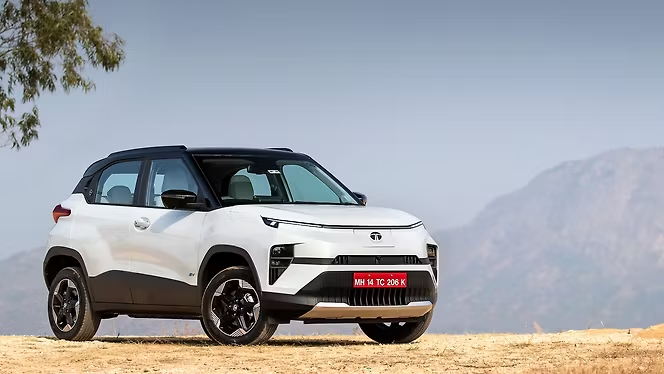In the electrifying world of 2024, the automotive industry is witnessing a groundbreaking shift: the rise of solid-state batteries. According to a recent report from Bloomberg Green, these next-gen powerhouses promise to significantly enhance the performance and safety of electric vehicles (EVs), potentially marking the beginning of a new era in sustainable transportation. In this article, we’ll explore how solid-state batteries are set to revolutionize electric vehicles, discussing their advantages, current industry developments, and what this means for consumers like you.
What Are Solid-State Batteries?
Understanding the Technology Behind Solid-State Batteries
Solid-state batteries differ from traditional lithium-ion batteries by replacing the liquid or gel electrolyte with a solid material. This fundamental change leads to several critical improvements:
- Increased Energy Density: Solid-state batteries can store more energy in the same volume, which translates to longer driving ranges for EVs.
- Enhanced Safety: The absence of flammable liquid electrolytes reduces the risk of battery fires.
- Faster Charging Times: Solid-state technology allows for quicker transfer of ions, which means faster charging times — a big win for consumers on the go.
The International Energy Agency (IEA) highlights that the development of solid-state batteries could reduce the cost of EV batteries by up to 50% by 2030, making electric vehicles more affordable for the masses.
The Leaders in Solid-State Battery Development
Key Players and Their Innovations
Several major automakers and tech companies are spearheading the development of solid-state batteries:
- Volkswagen: Partnering with QuantumScape, Volkswagen aims to bring solid-state battery technology to market by 2025. Their prototypes reportedly offer a 30% increase in driving range.
- Toyota: Pioneering solid-state research, Toyota plans to showcase its first vehicle with this technology during the 2024 Olympics, promising a range of over 500 miles on a single charge.
- Ford and BMW: Collaborating with Solid Power, these auto giants are exploring the scalability of solid-state batteries to enhance future EV models.
According to Electrek, the global solid-state battery market is projected to grow at a CAGR of 35% between 2021 and 2027, underscoring the technology’s rising importance.
What This Means for Electric Vehicle Owners
For EV owners, the advent of solid-state batteries means:
- Longer Road Trips: With extended ranges, long-distance travel becomes more feasible, reducing range anxiety.
- Lower Maintenance Costs: The increased longevity and durability of solid-state batteries can lead to reduced maintenance expenses.
- Improved Vehicle Lifespan: Enhanced battery life directly impacts the overall lifespan of the vehicle, providing a better return on investment.
Practical Guide to Transitioning to Solid-State Battery EVs
How to Charge Solid-State Battery Vehicles
Charging a solid-state battery vehicle is expected to be more convenient:
- Use High-Power Chargers: Solid-state batteries support faster charging, so utilizing high-power chargers will maximize efficiency.
- Public Charging Networks: Companies like Rivian and Lucid Motors are expanding their networks to accommodate these next-gen batteries.
Where to Buy and What to Compare
When considering the purchase of a solid-state battery EV, keep these tips in mind:
- Research Early Adopters: Look for models from companies like Toyota and Volkswagen, which are leading the charge.
- Compare Ranges and Charging Times: Evaluate the expected range and charging speeds, as these are critical factors for daily use.
- Check Incentives: Governments worldwide are offering incentives to encourage the adoption of advanced EVs, so be sure to explore available rebates and tax credits.
Conclusion: The Future of Electric Vehicles
In summary, solid-state batteries are set to revolutionize electric vehicles by offering increased range, enhanced safety, and faster charging times. As companies like Volkswagen, Toyota, and Ford push the boundaries of this technology, the future of transportation looks bright — and cleaner than ever. Are you ready to embrace this exciting evolution in mobility?
As we move forward, the integration of solid-state batteries into mainstream electric vehicles will not only redefine the driving experience but also contribute significantly to global sustainability goals. Stay tuned to this space for more updates on how these advancements will shape the next decade of electric mobility.

